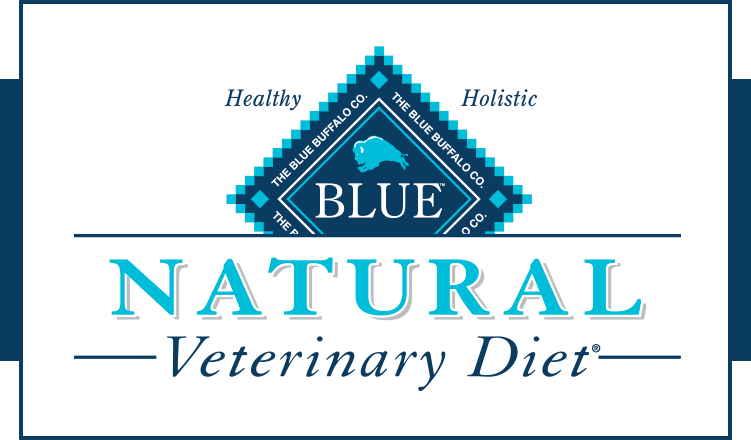What Foods These Morsels Be:
Nutrition in Practice
Dr. Bartges and Dr. Raditic shared nutrition insights with a presentation that helped practitioners navigate through the ever-changing pet nutrition landscape. Through real-life case discussions, questions and evidence-based lecture, the session provided veterinarians with information to assess pet nutrition options to make confident and practical nutritional recommendations to their clients. It has been reported that more than half of the US pet population is overweight. Prescribing veterinary-exclusive diets with known kcal/kg density along with exact feeding plans help prevent excess weight gain in at-risk pets.
We also use veterinary-exclusive diets – especially those formulated for GI disease, orthopedic disease, and adverse food reactions — for patients who are “at risk” for chronic disease states. For instance, we have used veterinary-exclusive diets in breeds of dogs at risk for developmental orthopedic disease, obesity, and immunologic adverse food reactions. We use veterinary-exclusive diets in cats at risk for obesity and urinary tract disease because of neutering and environmental conditions.
As veterinary-exclusive diets have become more complete and known nutrient profiles, along with company support, we encourage practitioners to recommend these diets for adult maintenance and growth. In our opinion, better quality control, fatty acid balance, and reported higher digestibility of veterinary-exclusive diets make these foods better nutrition for pets.
Quotes from Dr. Bartges and Dr. Raditic
“It’s important for veterinarians to learn about innovation and new options in OTC and therapeutic nutrition, and to get comfortable describing the benefits of these diets to their clients.” –Dr. Raditic
“We have seen the benefits of feeding veterinary-exclusive diets for treating and preventing disease, and there are several effective alternatives that are available for veterinarians to use with their clients and patients. Many veterinarians are not comfortable recommending therapeutic diets for prevention. They will prescribe these foods for disease states, but our research shows that it’s time to start thinking ahead, to start using these veterinary diets before health problems start.” –Dr. Bartges
“Many clients want their veterinarians to be more proactive with nutrition recommendations, and veterinarians who grasp that concept are helping their clients and patients.” –Dr. Raditic

About Dr. Bartges and Dr. Raditic
Joe Bartges, DVM, PhD, DACVN, DACVIM, is Professor of Medicine and Nutrition at the University of Georgia College of Veterinary Medicine, and a member of the BLUE Veterinary Advisory Board. He is board certified in the American College of Veterinary Internal Medicine and the American College of Veterinary Nutrition. He is internationally known for his research and publications in veterinary nephrology, urology, and nutrition. Dr. Bartges is on the editorial board of five journals including serving as Associate Editor of the Journal of Veterinary Internal Medicine.
Donna Raditic, DVM, DACVN, is a graduate of the Cornell College of Veterinary Medicine. She began her career as an associate veterinary in a 24/7 AAHA veterinary practice. Dr. Raditic is a boarded nutritionist consultant on nutrition and integrative veterinary medicine. She is a Diplomate of the American College of Veterinary Nutrition and was a professor for both Nutrition and Integrative Medicine services at the University of Tennessee College of Veterinary Medicine. She is author and co-author of textbooks and research in nutrition and integrative therapies.
Want to receive information about 2018 CE topics and expert presenters?
Click below for information about Blue Buffalo sponsored CE sessions in 2018.
© 2018 Blue Buffalo Co., Ltd.
